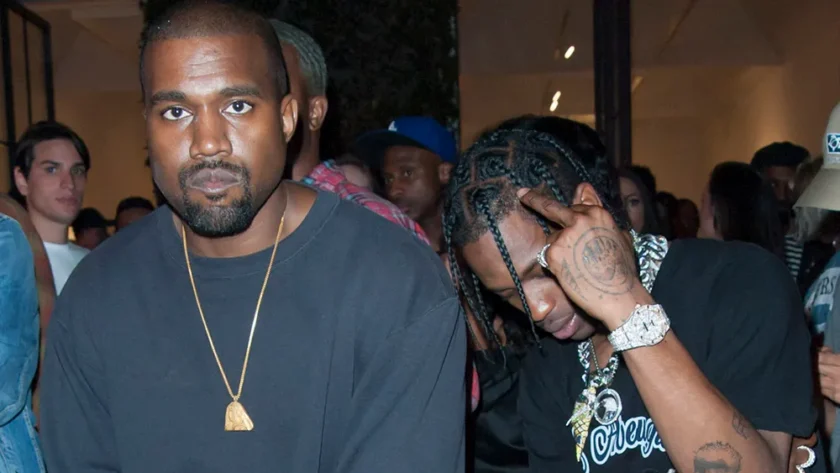In a revealing turn of events, the renowned artist Kanye West, also known as Ye, has sparked conversations around mental health and personal struggles following a significant car accident early in his career.
West, who communicated his frustrations in a text message to tech mogul Elon Musk, shed light on his mental health and the ongoing challenges he faces in his personal life, particularly concerning his family dynamics with ex-wife, Kim Kardashian.
The dialogue between West and Musk came to public attention through a screenshot shared by Connor, a friend of West, showing the rapper’s contact name saved as “President Ye.” In the text, sent at 2:22 am, West expressed his desire for a conversation with Musk, emphasizing the need for a change in the nature of their relationship.
He boldly stated, “I’m not bi polar. I have signs of autism from my car accident,” challenging the public perception of his mental health condition and attributing changes in his behavior to an accident he suffered in 2002.
West’s message to Musk also touched upon his strained relationship with Kim Kardashian, particularly concerning access to their children. He accused Musk of silence on the matter, linking it to the loyalty of friendship and the implications it has for his social and professional circles.
Autism Spectrum Disorder (ASD), as defined by the Centers for Disease Control and Prevention (CDC), is a developmental disability resulting from brain differences. It is characterized by challenges in social interaction, repetitive behaviors, and unique learning and movement styles.
While the exact causes of ASD are largely attributed to genetics, the condition is diagnosed through behavioral observation rather than a definitive test and can go undiagnosed until adulthood.
The assertion by West that his car accident led to signs of autism raises important discussions about mental health awareness and the complexities of diagnosing such conditions.
It’s crucial to note, however, that a car accident would not cause autism, but it might have made West more aware of pre-existing conditions. This revelation comes after West was diagnosed with bipolar disorder in 2016, following a psychiatric emergency that led to hospitalization.
West’s public disclosure of his mental health struggles underscores the broader conversation about the challenges of living with mental health conditions, the importance of accurate diagnosis, and the impact of personal hardships on an individual’s life.
As West navigates his personal and professional life under the public eye, his experiences continue to highlight the intersection of celebrity, mental health, and the complexities of family dynamics in the modern world.



